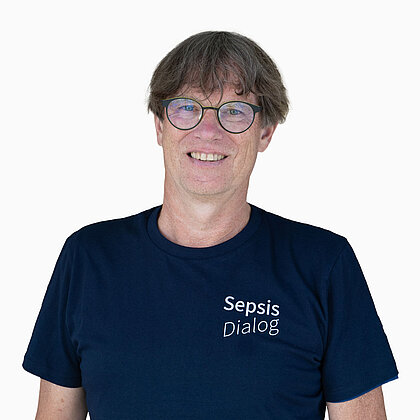Vienna, 05.09.2024. Sepsis is responsible for around one fifth1 of deaths worldwide. The disease is caused by an excessive reaction of the immune system, which subsequently turns against its own body. Because the symptoms are non-specific, sepsis is often detected very late, potentially leading to serious long-term consequences. On the occasion of World Sepsis Day on the 13th of September, AOP Health calls to mind the disease and its symptoms.
Those affected describe an unprecedented, severe feeling of illness, symptoms resembling those of a serious case of influenza as well as fatigue and apathy. Sepsis experts add that patients also notice sudden confusion, fast, heavy breathing, increased heart rate, and lowered blood pressure as well as cold, patchy skin on their arms and legs2. This is due to an infection that spreads uncontrollably from its source throughout the body. The excessively activated immune system is consequently directed against one's own organs, which can lead to serious bodily damage and even death.
Early detection can save lives
Due to the indeterminate signs, not only those affected but also treatment teams tend to react late – often resulting in fatal consequences. Private lecturer Dr. Matthias Gründling, Head of the Sepsis Dialogue at the University Medical Center Greifswald, comments:






